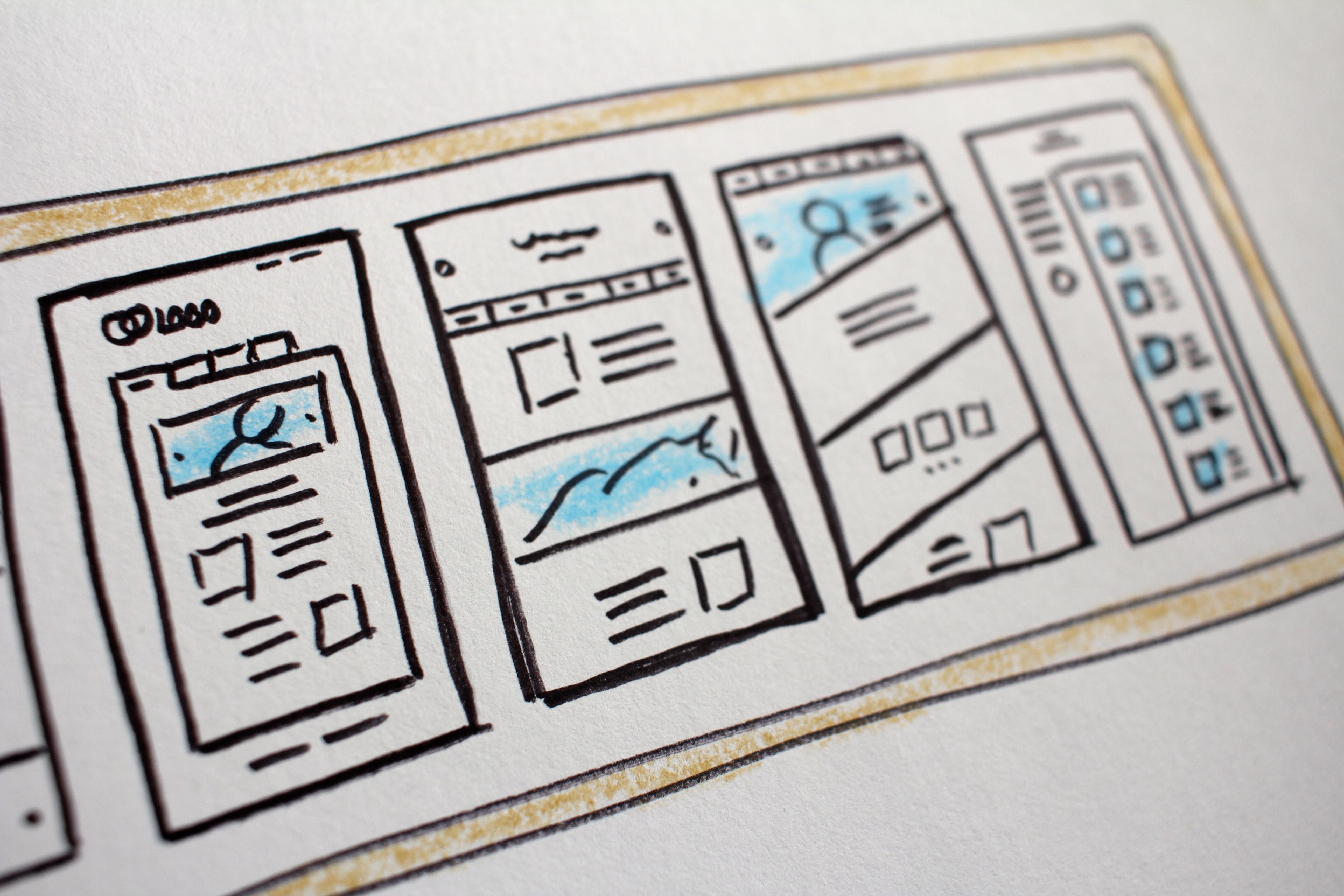Highlighting Transferable Skills & Experience: Tips for Making a Change in Careers
Posted on December 20, 2023

Making a career change can be both exhilarating and challenging. Transitioning into a new field often involves showcasing transferrable skills and experiences effectively during interviews. Let’s explore a few essential techniques to help job seekers confidently navigate interviews wh …
Setting Graduates up for Success: The Importance of Effective Interviewing
Posted on November 29, 2023

Entering the job market can be a daunting experience for graduates, especially when it comes to mastering the art of interviews. In today’s competitive landscape, where first impressions matter more than ever, effective interviewing skills are essential. Let’s explore the significance …
8 Ways to Promote Sustainability From the Career Services Center
Posted on November 15, 2023

In today’s fast-paced world, sustainability is no longer just a buzzword; it’s a way of life. As the global community rallies to combat climate change and preserve our planet for future generations, every sector must play its part. The Career Services Center, a hub of information and …
Finding Harmony: Strategies for Career Service Professionals to Balance Work and Life
Posted on November 1, 2023

3 Critical Questions – Stepping Out of Comfort Zones on the Job Search
Posted on October 13, 2023

Photo by Mette Køstner on Unsplash Familiarity breeds confidence. It’s natural to default to applying to the same jobs with the same responsibilities. Besides, employers are looking for your exact experience in certain roles, right?
4 Reasons to Hold Fast Hope for a Favorable Job Search
Posted on October 4, 2023

Photo by Nick Fewings on Unsplash There’s a myth society has struggled to dispel for many decades that keeps college students optimistic about the reality following graduation: having a degree makes it easier to get a good job. The truth is, having a college education makes you a more …
3 Tips for Creating an Impressive Professional Portfolio or Website
Posted on September 19, 2023

Photo by Hal Gatewood on Unsplash Thanks to rapidly advancing technology over the last few decades, you have access to more jobs and job search resources than could have possibly been imagined before the turn of the last century. Employers now get a better idea of which applicants are …
7 Habits You Need to Break Before Starting a New Job
Posted on September 16, 2023

Photo by Drew Beamer on Unsplash Starting a new job should mean a fresh start, but creating new healthy habits for the workplace means breaking out of old ones. Often, we move from one job to the next believing that the shift in our career will make us happy. However, if poor habits p …
Get Students Ramped Up for Career Services from Day One – Back to School
Posted on August 25, 2023

Photo by Chris Lawton on Unsplash It’s easy to get lost in the excitement and confusion when adjusting to coming back to school. But, as you know, planning for internships, building portfolios, updating resumes, and looking for post-grad job opportunities can’t wait until everyone is …

